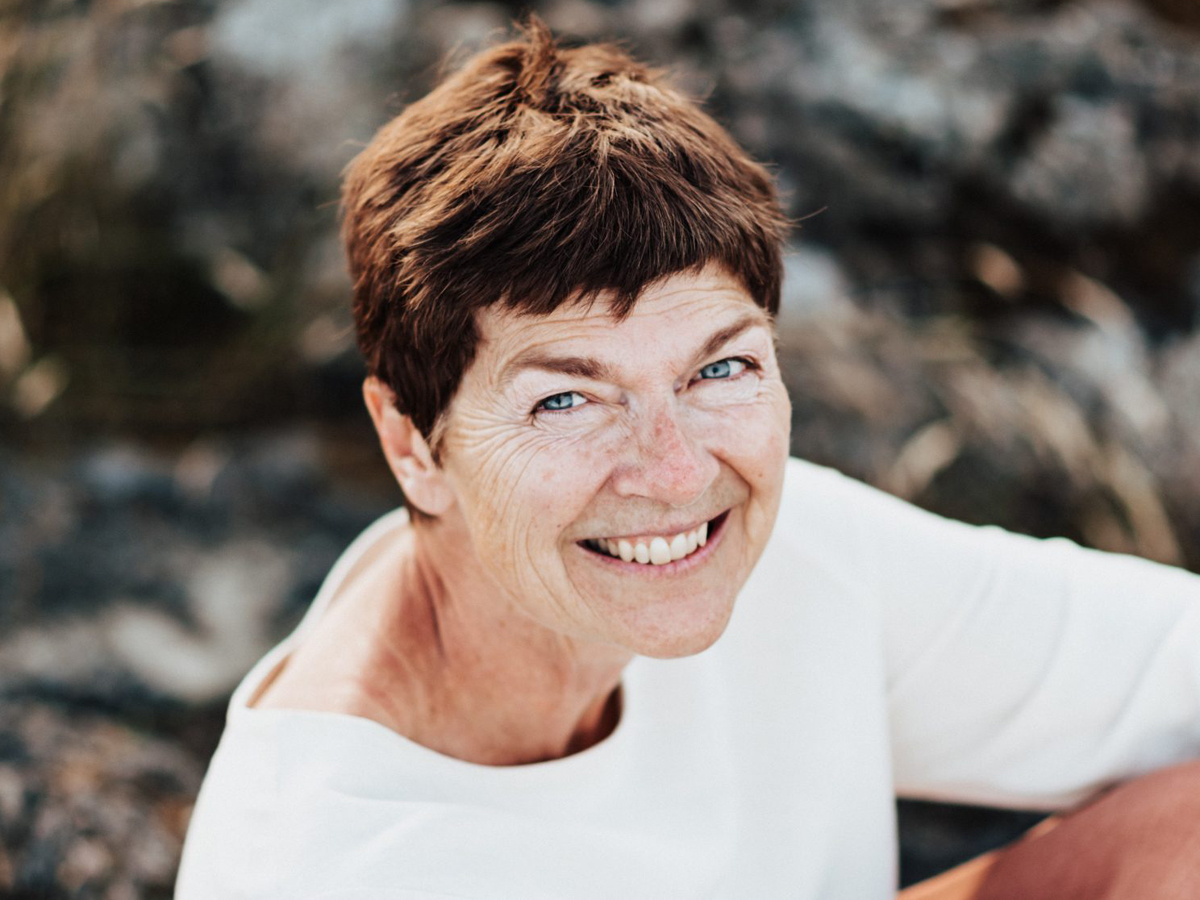Elin Kelsey – D-Day for ‘Doomscrollers’
By Lookout Production on Mar 07, 2023 with Comments 0
Peter Mallett, Staff Writer — While the world’s climate clock counts down the time left to limit global warming, Elin Kelsey, PhD, refutes this fear-based hyperbole.
Kelsey, a science and environmental scholar, writer and public speaker, is far from a climate change denier but says the problem-oriented approach to the environmental crisis is all wrong.
“Climate doomism is a bigger threat than climate change denial,” Kelsey says. “Many already believe it’s too late to fix the problem; but as the eminent climate scientist Dr Michael Mann says, it isn’t. Our climate crisis is also a crisis of hope.”
That was the crux of Kelsey’s argument in her presentation for the MARPAC Health & Wellness Strategy (MHWS) on Feb. 21, titled Climate Emotions and Evidence-Based Hope.
Kelsey is the author of Hope Matters: Why Changing the Way We Think is Critical for Solving the Environmental Crisis (Greystone Books 2020) and a co-creator of #OceanOptimism, a Twitter campaign to crowd-source marine conservation solutions that has reached over 100 million shares since its launch in 2014.
Kelsey is alarmed with the ever-increasingly negative narrative about the plight of planet Earth.
“If you tell people climate change is unstoppable, they will disengage from the problem,” she says. “These beliefs not only impact our emotions but our ability to deal with this critical issue at a critical time.”
All is not lost, says Kelsey, while pointing to countless evidence-based examples of efforts to reverse the destruction trend. For example, sea otters, nearly wiped out on B.C.’s coast by the 19th century, are experiencing a recovery in populations.
“The key to not feeling discouraged is charting evidence-based progress in real time,” she says. “If you know what has changed, you can have a more empowered attitude.”
Kelsey says mass media news outlets and social media cause people to continue harbouring overwhelmingly negative thoughts because the vast majority of climate change reporting fails even to mention solutions that are currently happening. She noted how doom-scrolling, continuously scrolling through the internet for depressing or worrying content, became an official word in the Oxford English Dictionary in 2020.
Kelsey reminded the almost 50 participants that truly engaging with the issue requires evaluating emotional actions, as emotions spread face-to-face and online.
“Think about how you spread hope,” she said. “Every time we share something problem-oriented, we spread feelings of disempowerment, discouragement and doomism. That really doesn’t get us where we need to be.”
Filed Under: Top Stories
About the Author:






